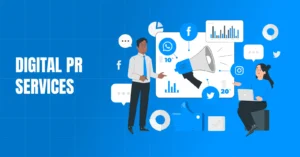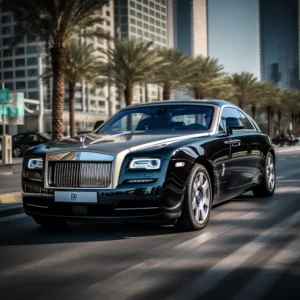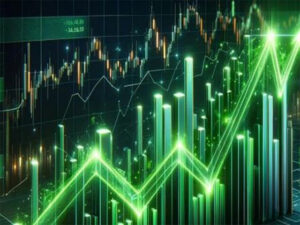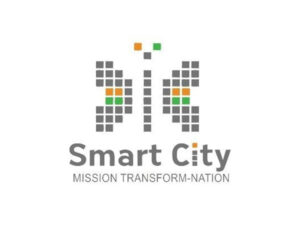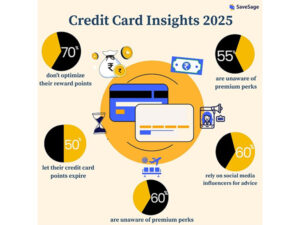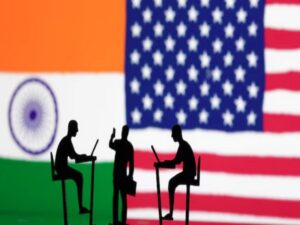Indian and EU start-ups pitch for enhanced cooperation in EV battery recycling technologies
New Delhi [India], June 21 (ANI): The India-European Union Trade and Technology Council (TTC) Working Group 2 today held a pivotal start-up matchmaking event aimed at advancing battery recycling technologies for electric vehicles (EVs).
According to a press release, the event, which took place in New Delhi, featured twelve promising start-ups from both India and the EU, reflecting a shared commitment to innovation, sustainability, and stronger economic ties between the two regions.
The matchmaking event kicked off with opening remarks from H.E. Mr. Saurabh Kumar, Ambassador of India to Belgium, Luxembourg, and the European Union, and H.E. Mr. Herve Delphin, Ambassador of the European Union Delegation to India.
Their addresses underscored the importance of collaborative efforts in technology and sustainability. Following them, Professor Ajay Kumar Sood, the Principal Scientific Adviser to the Government of India, and Marc Lemaitre, Director-General for Research and Innovation at the European Commission, delivered keynote speeches emphasizing the significance of innovation-led partnerships.
Professor Sood highlighted the event as a critical platform for the exchange of ideas and potential investments.
He noted, “This Matchmaking event today brings together the best talents and technologies in the battery recycling space on both sides, giving them an exclusive platform for exchange, networking and prospective investments. We believe that the exchange trip, awarded to three Indian and three EU start-ups, to visit EV battery recycling facilities on either side would be highly beneficial. It will enhance their insights and access to the EV landscape and ecosystems in both regions.”
Lemaitre, on the other hand, emphasized the environmental benefits and the strategic importance of the initiative.
“Every step towards advanced battery recycling is a significant carbon-win for our environment. This matchmaking event is such a step by bringing together innovative startups from both regions that want to scale up green solutions under the umbrella of the EU-India Trade and Technology Council”, he said.
The event featured start-ups and small to medium enterprises (SMEs) from across the battery recycling value chain, encompassing activities from collection to the extraction of valuable minerals.
The selected Indian start-ups included Lohum, LW3 Pvt Ltd., BatX Energies, Evergreen Lithium Recycling Pvt Ltd., Metastable Materials Pvt Ltd., and CENALL Waste Management LLP.
Representing the EU were Alterity, Ecomet Refining, Eneris, Primobius, RockTech, and Tozero.
A significant outcome of the event was the announcement of an exchange trip for three start-ups from each side. These selected companies will engage in a week-long market immersion experience, allowing them to directly interact with stakeholders, explore collaboration opportunities, and gain insights into the local market dynamics of the respective regions.
The India-EU Trade and Technology Council (TTC) was first announced in April 2022 by European Commission President Ursula von der Leyen and Indian Prime Minister Narendra Modi.
Officially established on February 6, 2023, the TTC serves as a strategic coordination mechanism designed to address challenges at the intersection of trade, technology, and security.
It aims to deepen cooperation and ensure security, prosperity, and sustainable development based on shared values.
Since its inception, the TTC has significantly boosted bilateral trade between India and the EU, which hit a record high of 120 billion euros in goods traded in 2022. The trade of digital products and services between the two regions amounted to 17 billion euros in the same year.
The TTC is organized into three working groups.
Working Group 1 focuses on Strategic Technologies, Digital Governance, and Digital Connectivity; Working Group 2 on Green and Clean Energy Technologies; and Working Group 3 on Trade, Investment, and Resilient Value Chains.
Today’s matchmaking event is a key initiative under Working Group 2, co-chaired by the Office of the Principal Scientific Adviser to the Government of India and the Directorate-General for Research and Innovation of the European Commission.

